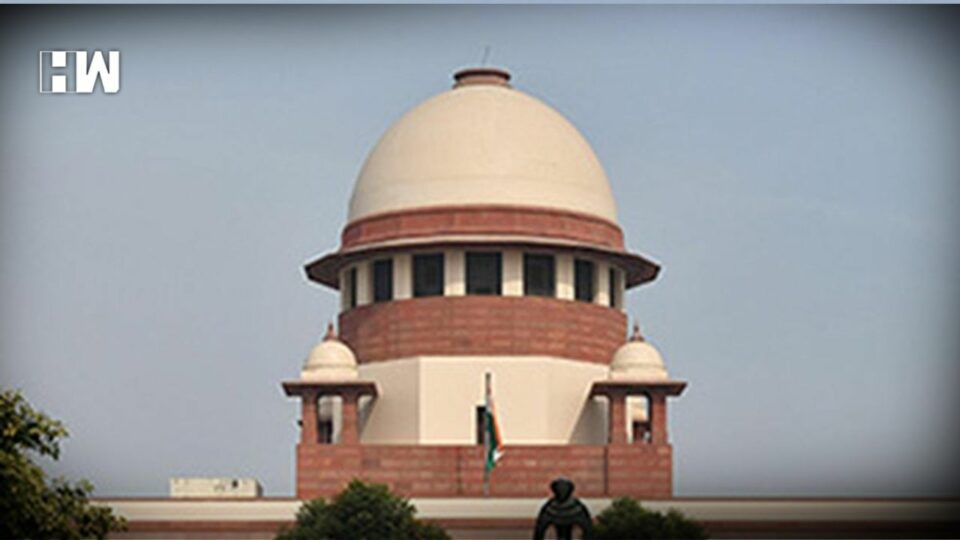Some parties of the opposition have already said — alleging political vendetta by misuse of the law — that they’ll again go to the Supreme Court to seek a review. They also cite that there have been very few convictions under the law.
17 Opposition parties, including Congress, Trinamool, DMK, CPI(M), Samajwadi Party, and AAP issued a joint statement protesting against the Supreme Court’s verdict on the money laundering law, upholding amendments made in 2019 to the Prevention of Money Laundering Act (PMLA), giving more powers to agencies such as the Enforcement Directorate (ED).
“We hope that the dangerous verdict will be short-lived and constitutional provisions will prevail soon,” said the statement.”
The apex court on July 27 upheld the validity of a wide range of powers granted to the ED under the amended law that had been challenged by nearly 250 petitions. The court rejected key arguments that the powers to arrest and an ambiguous definition of “proceeds of crime” could be misused.
17 Opposition parties, including TMC & AAP, plus one independent Rajya Sabha MP, have signed a joint statement expressing deep apprehensions on long-term implications of the recent Supreme Court judgement upholding amendments to PMLA,2002 and called for its review. The statement: pic.twitter.com/vmhtxRHAnl
— Jairam Ramesh (@Jairam_Ramesh) August 3, 2022
Some parties of the opposition have already said — alleging political vendetta by misuse of the law — that they’ll again go to the Supreme Court to seek a review. They also cite that there have been very few convictions under the law.
According to data shared by the Finance Ministry in the Rajya Sabha, in the eight years of the Narendra Modi government so far, raids by the ED are up 26 times as compared to the previous government, but the conviction rate is extremely low. In 3,010 money laundering-related searches, only 23 accused have been convicted, In 112 of these searches, there have been no money-laundering convictions.
The centre was accused of Vendetta politics when the Congress’s Gandhis were questioned by the ED in connection to a money laundering act related to the national herald newspaper.
Further, the Opposition has questioned how these amendments were pushed through in Parliament — and that question is already before the Supreme Court. The statement pointed out that these were passed under the Finance Act introduced as a “Money Bill”.
The Money Bill route meant the new provisions only needed a nod from the Lok Sabha, before being sent to the President for final approval. It could not be rejected by the Rajya Sabha, the Upper House, where the government did not have the numbers for a sure-shot approval.
“If tomorrow the top Court holds that the challenged amendments through Finance Act are bad in law,” said the Opposition statement, “then the entire exercise would become futile and loss of judicial time.”
The Opposition’s larger argument is that a Money Bill essentially deals with the appropriation of money from the Consolidated Fund and taxation, and cannot be used to make laws on other matters.
“We hold, and will always hold, our Supreme Court in the highest respect. Yet, we are compelled to point out that the judgment should have awaited the verdict of a larger Bench for examining the constitutionality of the Finance Act route to carry out amendments,” the statement added.
“These far-reaching amendments strengthened the hands of a government, indulging in the political vendetta of the worst kind,” the statement further said. “We are also very disappointed that the highest judicial authority… has virtually reproduced arguments given by the executive in support of draconian amendments.”
“Money laundering not only affects the social and economic fabric of the nation but also tends to promote other heinous offenses such as terrorism, offenses related to (narcotics),” the court said while announcing the judgment.
The court said the supply of ECIR (Enforcement Case Information Report) in every case is not mandatory as it is an internal document. it rejected the petitioners’ challenge that it is similar to an FIR and the accused is entitled to a copy. The court also said it’s enough if the ED, at the time of arrest, tells the accused of the reasons for the action.
The petitioners had also challenged putting the burden of proof on the accused, saying that it violates fundamental rights. But the court disagreed. The central government had said that the burden of proof on the accused is justified as money-laundering offenses are serious and there is a societal need to curb them.
As an independent media platform, we do not take advertisements from governments and corporate houses. It is you, our readers, who have supported us on our journey to do honest and unbiased journalism. Please contribute, so that we can continue to do the same in future.

